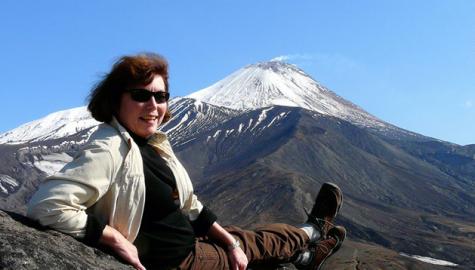‘Baby boomers’ – those born in the 18 years from 1946 to 1964 – are today aged between 49 and 67 years.
While those at the younger end, who haven’t even reached or are only just 50, don’t think of themselves as being the same as a 67-year-old, this group of 4.7 million people in Australia and many millions more worldwide have driven social, cultural, economic, technological and political change their entire lives and continue to do so.
The only generation that will eclipse them in Australia is the current one, with more babies born this year so far than the first year of the baby boomer generation.
If you are a baby boomer, or know one, you’ll also know they don’t see themselves as old. It’s no quiet, slow-paced retirement for them and giving up work at age 65 to get the age pension, but an eager embracing of a new lifestyle which is likely to include
- work (even if a new type of work)
- health and fitness
- pursuing lifelong dreams and goals.
“When we were in our 20s and 30s, we didn’t have the time or the money to go travelling, have long periods of time off, chop and change our jobs if we felt like it," says Marie Rogers of Beaumaris in Melbourne.
"It was finishing education, getting a job, getting married, saving money, buying a house, having children, getting them educated, paying off the house etcetera. Some of us had a year travelling - or national service in Vietnam in my husband's case - before we got hitched, but that was it.
“It’s only now – with the three kids off my hands – that I can finally get around to enjoying life a bit.
“I work four days a week. My husband and I do things and go places when we want to. We try to go on a real holiday once every 18 months or so. Our youngest son had been to the United States three times before we had been the first time!”
Marie and her husband are 64 and 66 respectively and say they plan to work until they’re 70 or “someone doesn’t want us any longer”.
She says when they no longer have the spare cash from regular work coming in, they’ll trim back their lifestyle and spend more time at home in Melbourne with their children.
“Hopefully, grandchildren as well,” she says. “I only have one so far and I’m waiting for more.”
While some young marketers may think of people the same age as their parents as “old”, research by Australian digital media company, Mi9, shows that the cashed-up boomers – each boomer household is worth more than $1 million – are one of the most adaptable groups in Australia. They embrace new technology, spending at least three hours a day online; just on half are on social media; and 25% buy online regularly.
But boomers also say they’re being ignored in marketing terms, with 94% saying they don’t like the way advertisers and marketers communicate with them.
“Anyone who thinks our age group is stuck in their ways and doesn’t spend money doesn’t know what they’re talking about,” says Marie bluntly.
“As a generation, we’ve been at the forefront of trying everything and going everywhere. Why would it be any different now?”
“In fact, amongst my friends, the people I work with and my children and their friends, my age group is more likely to be out there spending. I know I’ll think nothing of the cost of something if it’s what I want.”
Marie says the only thing she feels she doesn’t have enough say over is health.
“It’s not entirely in my hands, is it?” she asks.
A survey for Prevention magazine has shown that while four-in-five boomers believe eating a healthy diet is important, almost half of them are not familiar with their cholesterol levels or body mass index (BMI). In fact, the survey showed that boomers are more likely to be familiar with their credit card and savings account balances than they are with some fairly basic health, fitness and nutrition facts.



















__small.png)










